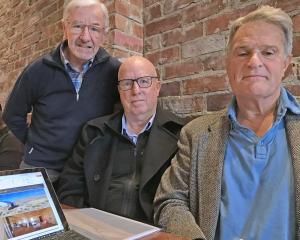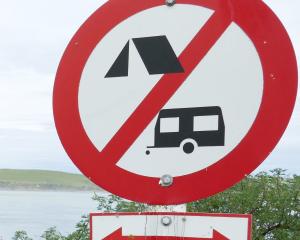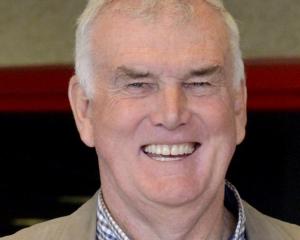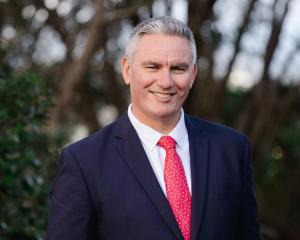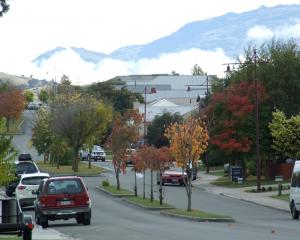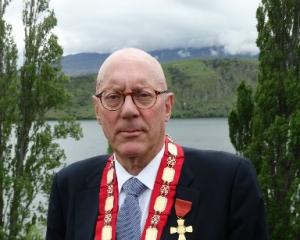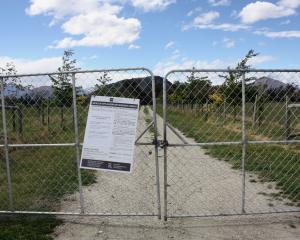Allegations of not being impartial were levelled at a witness called by the Upper Clutha Environmental Society during the final day of an appeal hearing in the Environment Court in Wanaka yesterday.
UCES secretary and immediate past president Julian Haworth was questioned by both the Queenstown Lakes District Council's legal counsel Tony Ray, of Wanaka, and Dunedin environment lawyer Phil Page about his "overriding" duty of impartiality to the court.
Mr Haworth was the final witness to give expert evidence on behalf of the society regarding an appeal against a QLDC decision to grant resource consent to Wanaka GP Dr Dennis Pezaro and his wife, Olwyn, for a building platform in the Cardrona Valley.
Two recent Environment Court decisions have been critical of Mr Haworth's abilities as an independent and impartial witness when giving evidence on behalf of the society.
Mr Page - counsel for the Pezaros - accused Mr Haworth of having "no conception of what it means to be impartial".
"However much he [Mr Haworth] strives to be objective in his preparation of evidence, he cannot overcome the basic fact that, as a member and officer, no less, of the society - he is partisan," Mr Page said.
"He cannot hope to comply with the court's code of conduct [for expert witnesses] even if in all other respects his evidence is without fault.
"If you can't accept the court's message given the criticisms of its last two decisions, why should the court give any consideration to your evidence?" he asked Mr Haworth.
Mr Haworth said the duties of impartiality and independence had been drummed into him over 14 years of giving evidence before the court.
Earlier, Mr Page had taken issue with two conflicting landscape assessment reports written by Lakes Environmental landscape architect Andrew Norwood.
Mr Norwood was subpoenaed as a witness by the Upper Clutha Environmental Society for its appeal.
Accused by Mr Page at a January resource consent hearing of "reverse engineering" his landscape report, Mr Norwood reiterated yesterday it was his professional opinion that consent for the Pezaros' building platform should have been declined.
He was questioned by Mr Page and Judge David Sheppard about why he had changed the findings of his original report - which had recommended that consent be granted.
"Further information" provided to him by Lakes Environmental processing planner Kirsty Huxford had resulted in a reassessment of the site, he said.
In his closing address, Mr Page said the way Mr Norwood had been called as a witness by the society was unfair, and he was sorry to take Mr Norwood through his two reports.
"They were tainted by the intervention of a third party [Ms Huxford], who is not before the court," he told the court.
The Pezaros were granted consent in February for a 950sq m building platform on a Cardrona Valley property they have owned and farmed part time since 1969.
They want to build a home there.
UCES counsel Tony Borwick said residential activity was expressly excluded from the district plan definitions of "farm building" and "farming activity".
The Pezaros' cashmere goat-breeding operation, which they had maintained part time since 1993, could not be called a "working farm", he said.
The major portion of the 58ha property was leased to an adjoining farmer.
The elevated site of the Pezaros' building platform on a river terrace was inconsistent with the existing farm settlements in the area - generally contained to the valley floor, Mr Borwick told the court.
The building platform and any subsequent house would be an inappropriate development within the the Cardrona Valley, which was designated an outstanding natural landscape, he said.
Judge Sheppard adjourned the hearing and reserved the panel's decision.

